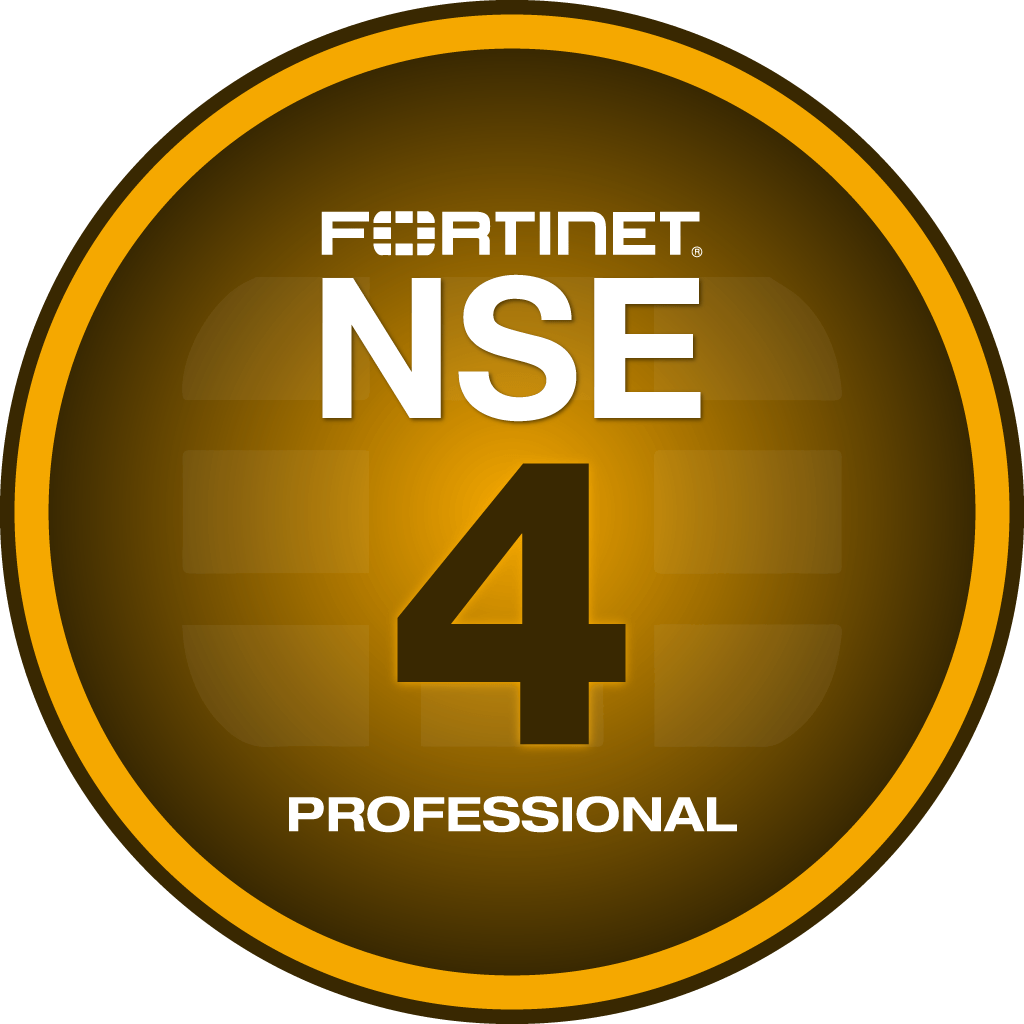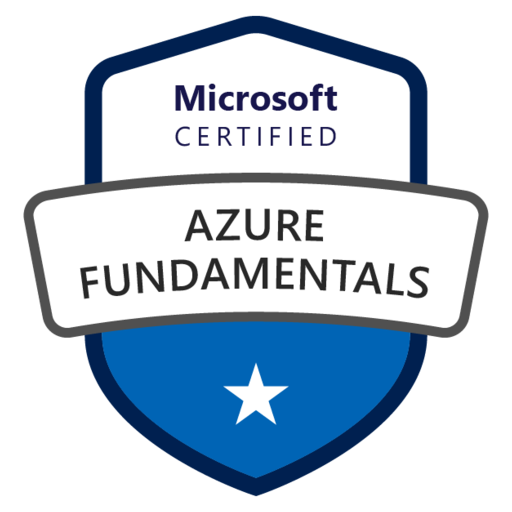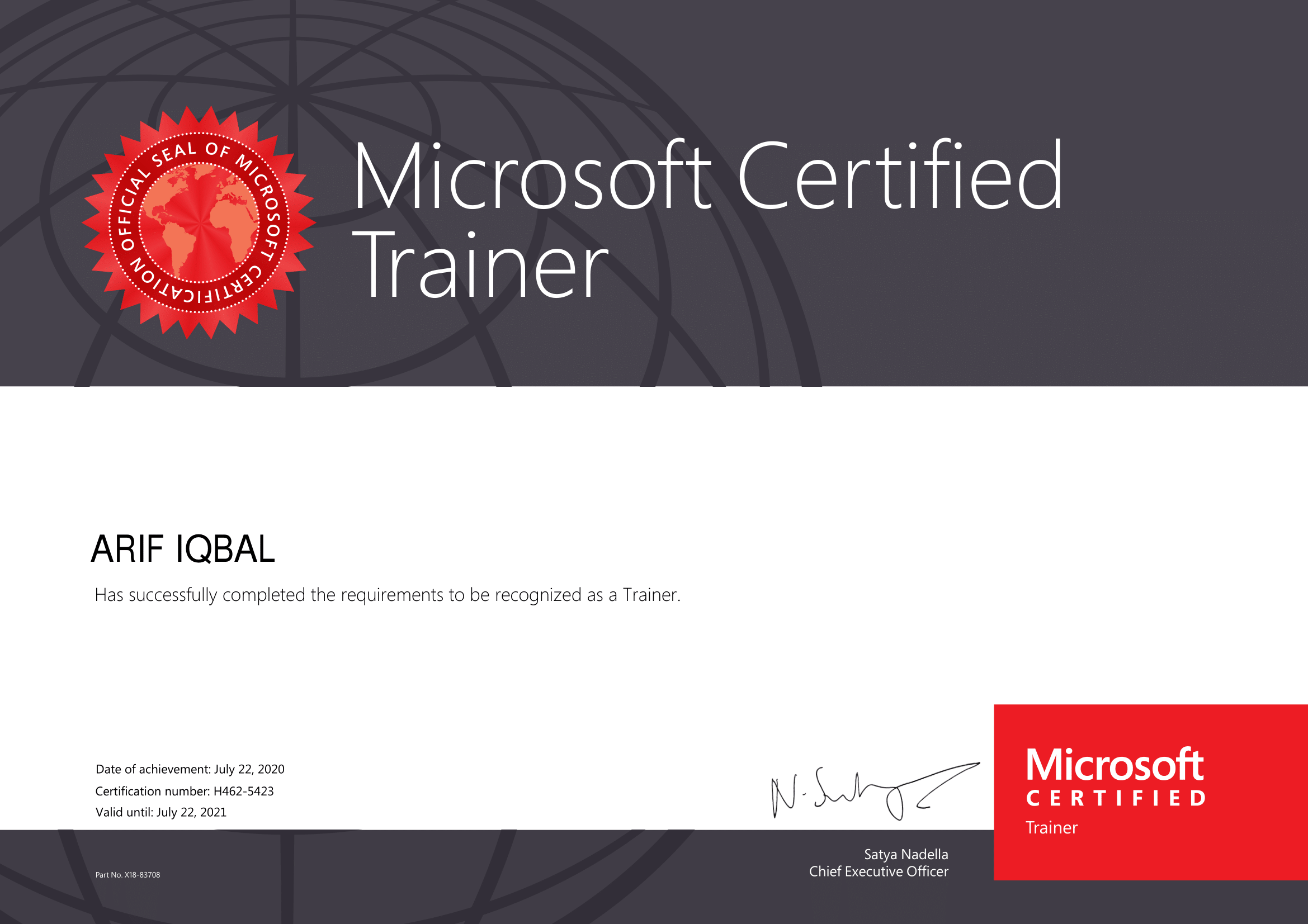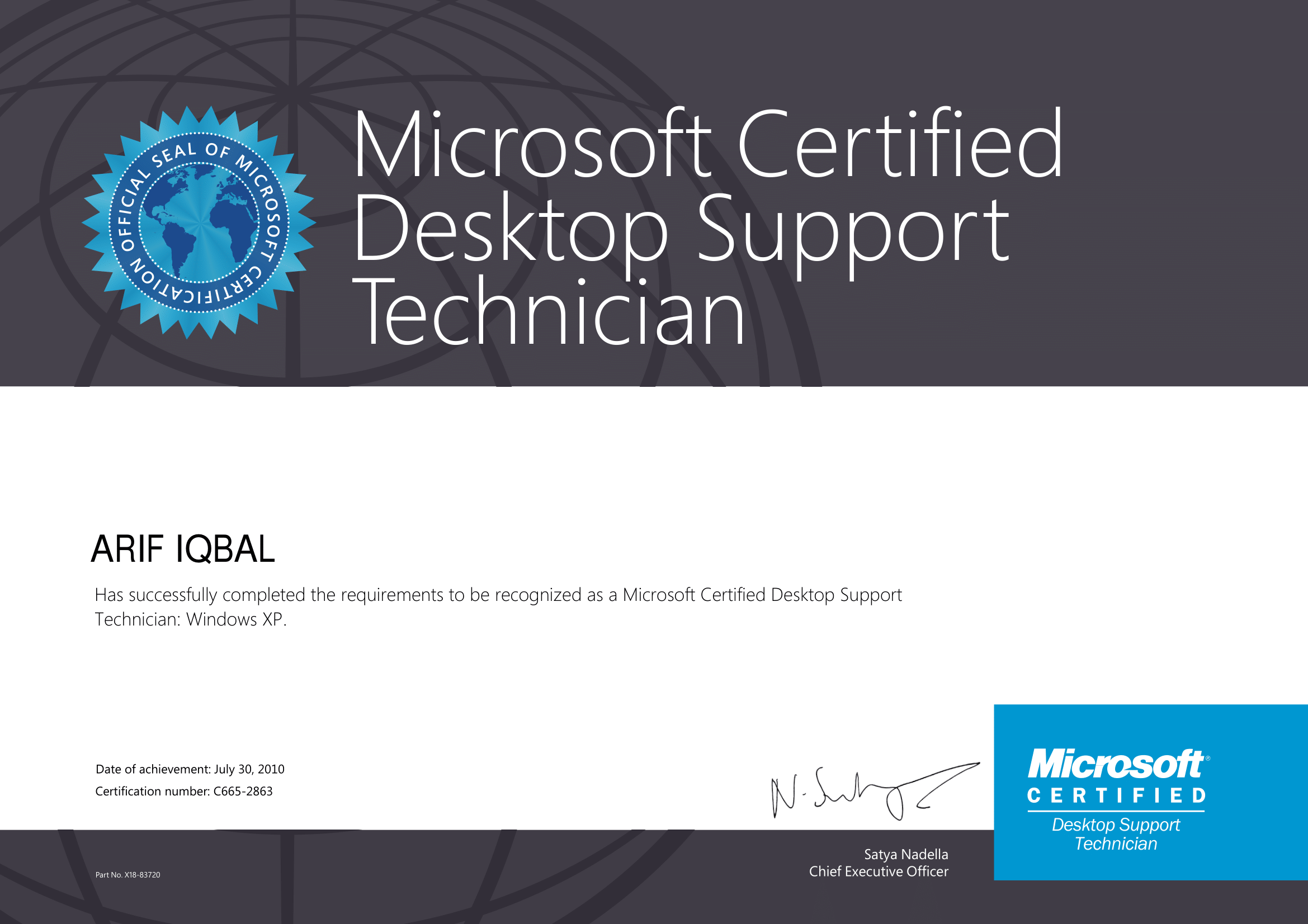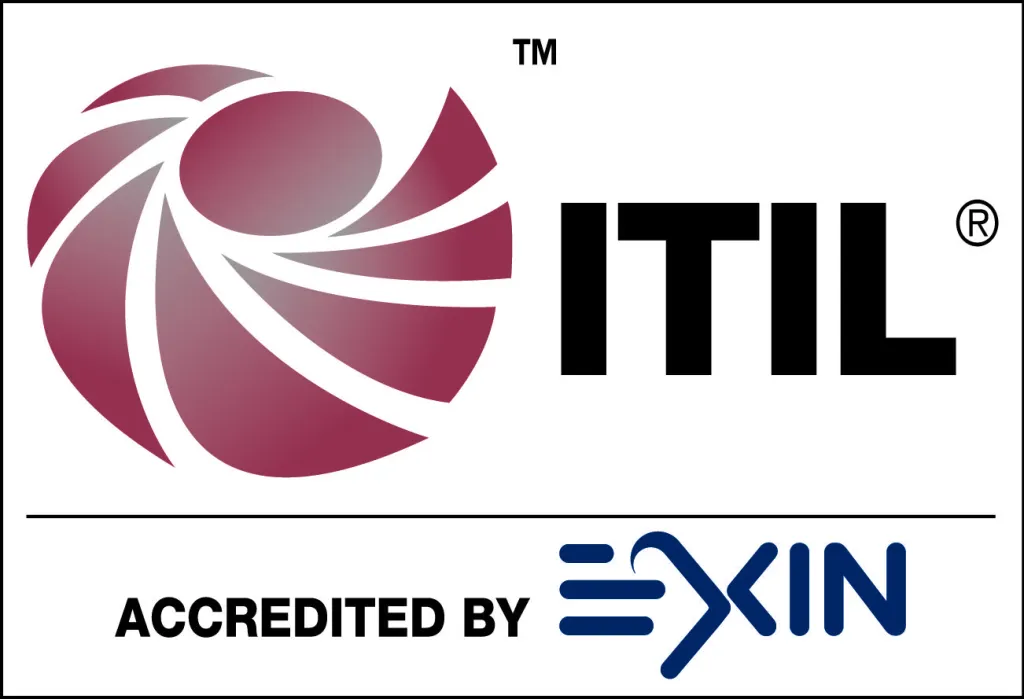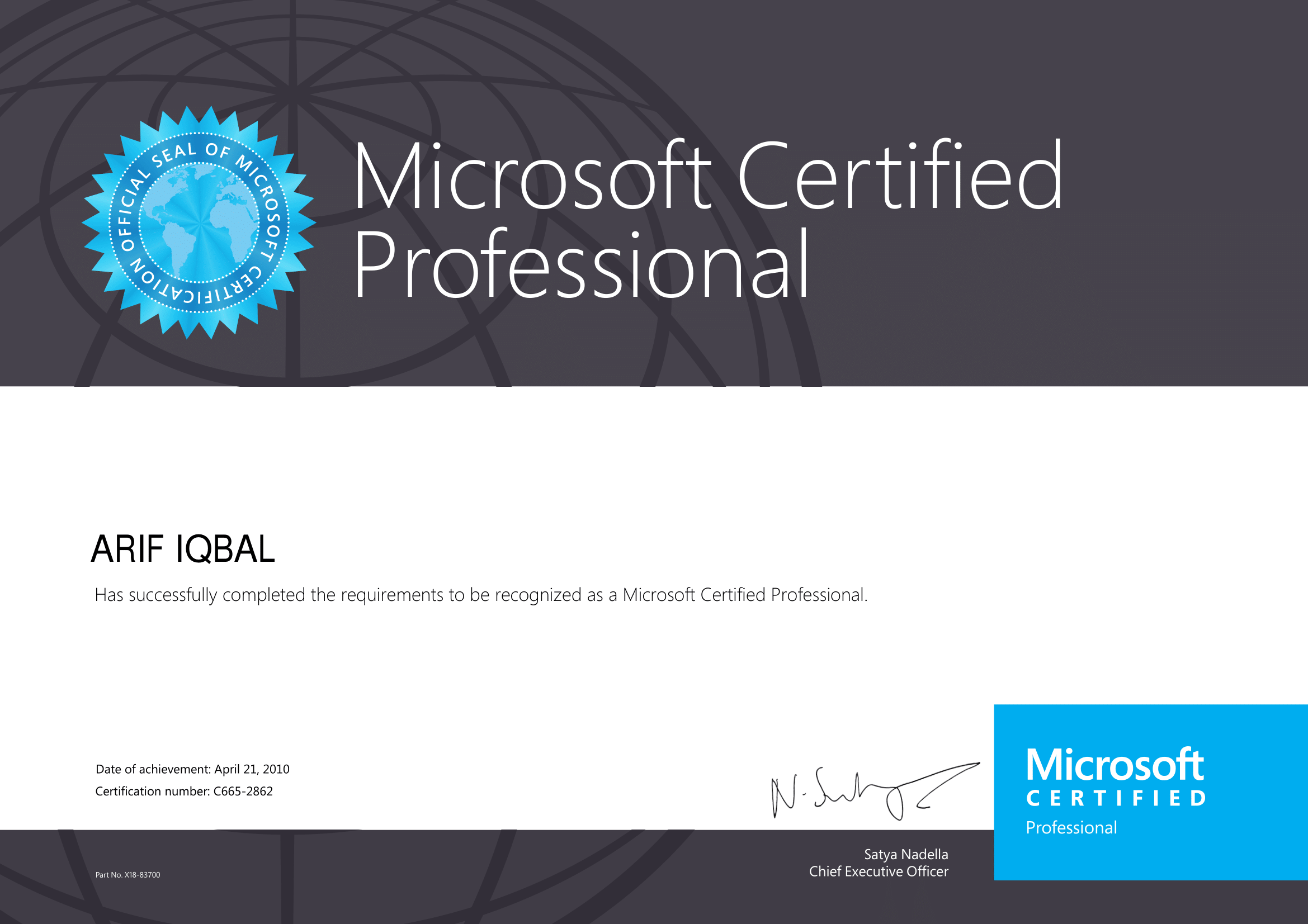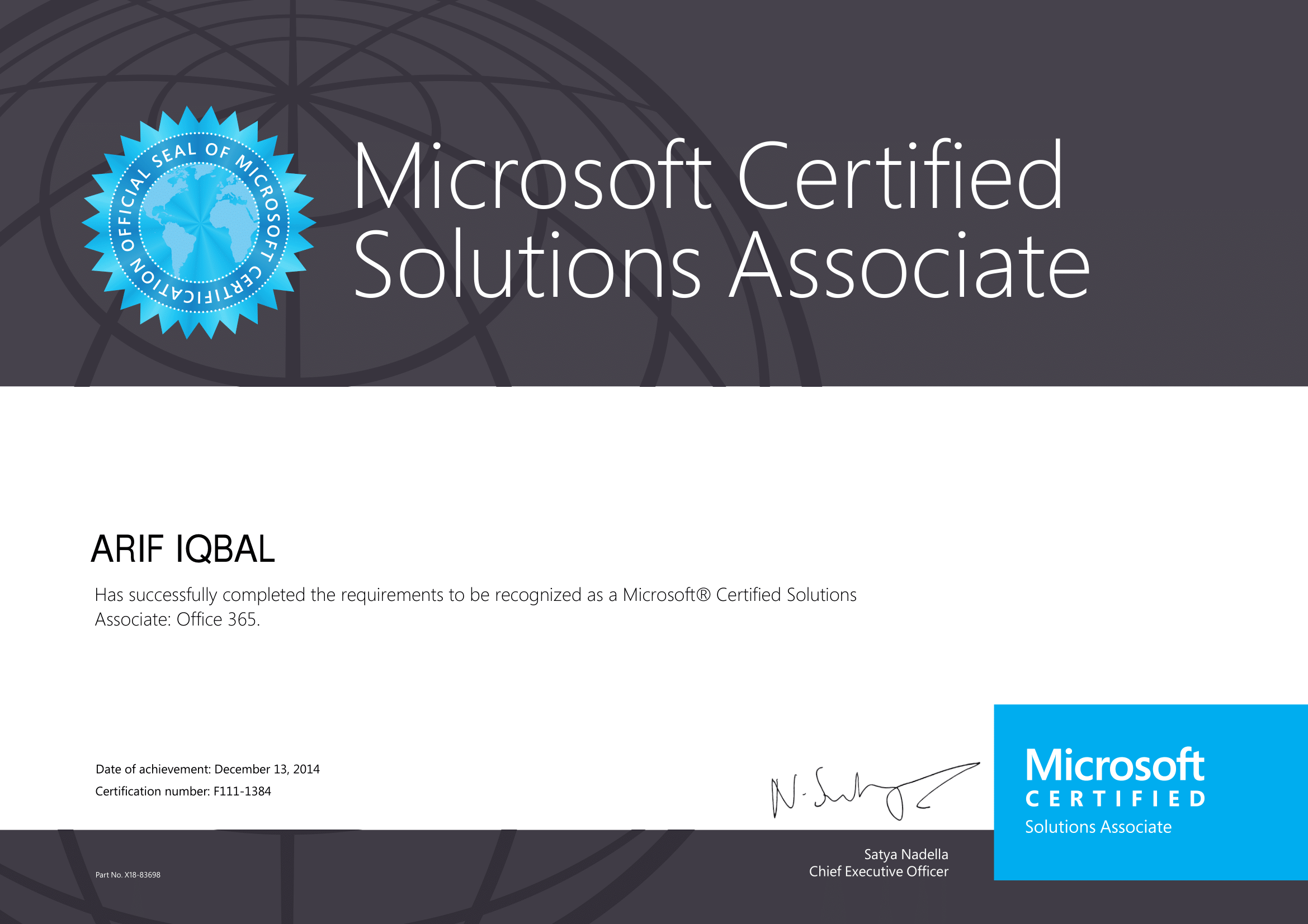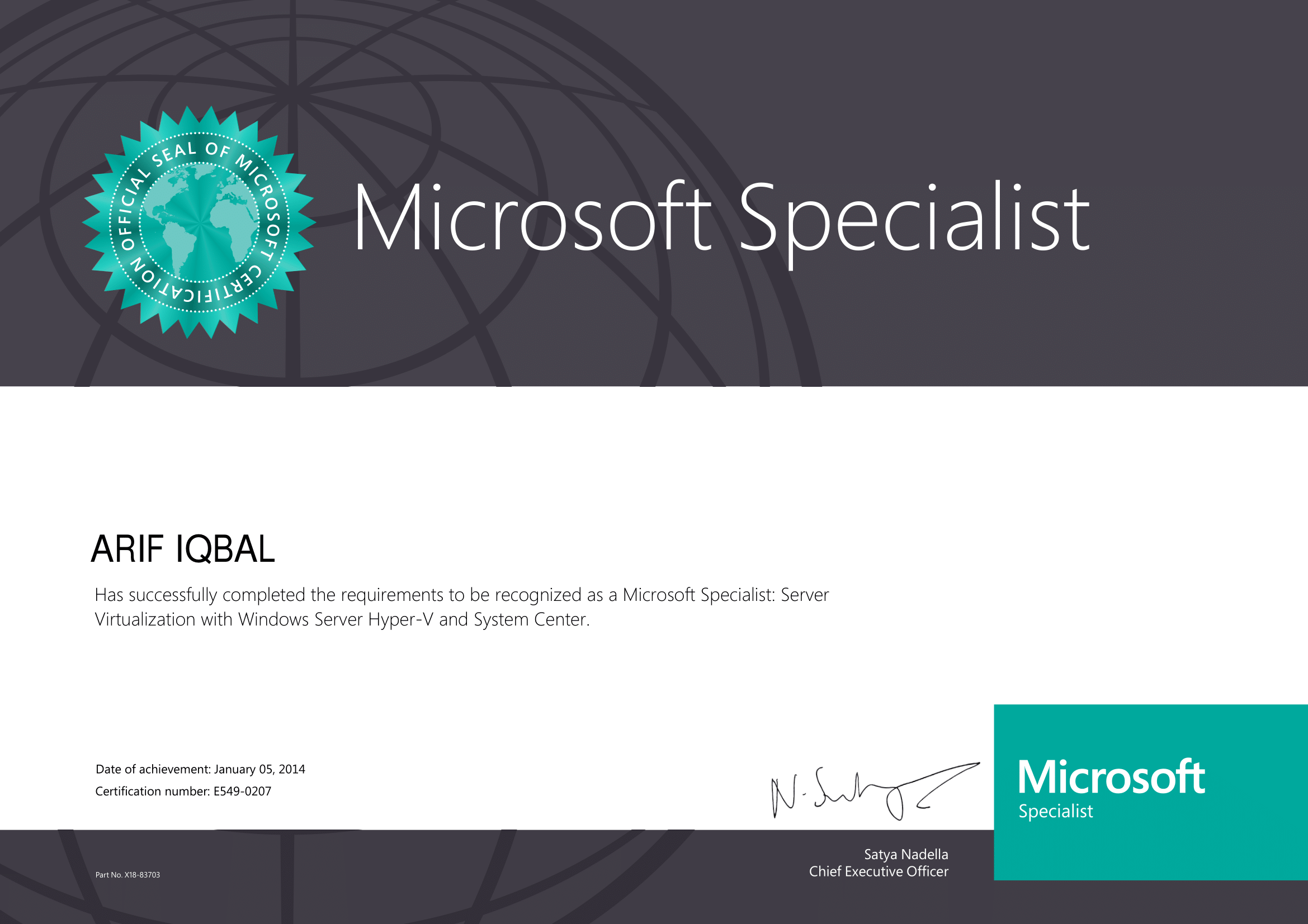Portfolio

Infrastructure
Infrastructure experience refers to the knowledge and skills required to design, implement, and manage the technology systems that support an organization's operations. This can include hardware, software, networking, security, and data storage solutions.
Cloud Computing
Working with Google Cloud and Azure using Cloud computing to enables organizations to access shared computing resources, such as servers, storage, and databases, over the internet, without the need for on-premises hardware and software.
Networks
Deep understanding and experience dealing with various technologies and tools used to secure networks and systems, such as firewalls, intrusion detection and prevention systems, VPNs, and encryption protocols.
Security
IT security in organizations is critical for protecting sensitive data, maintaining the integrity of systems and networks, and complying with regulatory requirements. As cyber threats continue to evolve, it is essential for organizations to remain vigilant and proactive in implementing effective IT security measures.
Project Management
Deliver many IT projects using IT project management tools. Project Management is critical for organizations to successfully implement technology projects, whether it's the deployment of a new software system, the development of a new application, or the implementation of a new IT infrastructure
virtualization
Virtualization technologies using Hyper V and Vmware, networking, and storage, as well as the ability to manage complex infrastructure environments. Hands-on experience in migration from one technology to another or integrating both technologies in a hybrid environment.

